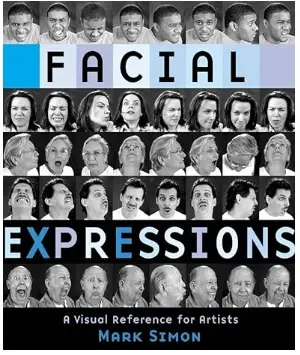Contrastive vs Noncontrastive “You”

- File banner | Credit Grammarly
Imperatives with a Visible “You” Subject
Imperatives with a visible “You” subject are quite common and are classed based on two basic purposes, depending on whether the “You” is contrastive.
Contrastive “You”
“You” can be used to mark a contrast when two or more roles are being assigned to different agents.
In 1), we see examples in which the speaker singles out two people who are supposed to carry out two distinct tasks or roles.
1a) You be Butch Cassidy, and I’ll be the Sundance Kid.
1b) You take the high road, and I’ll take the low road.
Noncontrastive “You”
Imperatives with “You” subjects that are noncontrastive are used when the speaker feels he or she is in a position to claim some authority over the person who is being addressed.
The use of a “You” subject can convey several different emotional tones, which depend upon the circumstances in which the imperative is uttered.
Impatience or Irritation
The presence of “You” may indicate that the speaker is irritated or impatient with the person being addressed. In this case, the “You” subject imperative can have an “aggressive, hectoring effect,” as shown in 2).
2) “Now, now, can’t you take a little joke, my friend?” Santiago slowly raised his head. “Don’t you call me your friend. The only friend you have is yourself.”
Comfort or Encouragement
The use of a “You” subject can also convey a tone of friendly encouragement as in 3a), in which the cheers from the stands are meant to comfort and encourage the person at whom they are directed.
Again, in 3b) and 3c), the “You” subject imperatives clearly have the function of comforting and reassuring.
3a) Chrissie shed bitter tears in private, but she walked out in the summer sunshine with her head held high. Most of her acquaintances shunned her, but not everyone condemned her. The bleachers, who were embarked on a bitter strike against their employer, cheered as she passed the empty bleach fields. “Good for you, lass! You show ’em!” someone shouted.
3b) He ran out into the downpour, sped across the yard into the buggy room. “Don’t you be afraid,” he said. He would save her.
3c) Clayton looped the reins in a knot over the veranda post and patted the warm flesh of his neck. “You take it easy, boy,” Clayton whispered.
Admonishment, Threat, or Advice
A speaker may use a “You” subject imperative to admonish someone to do something or to threaten or advise someone. The “You” subject adds an extra element of emotion to the imperative.
4) He led her to the door. “And don’t you ever forget what we swore to do.” Insulted by his authoritarian tone, Heather lifted her chin. As if she would ever forget the importance of what they’d just promised.
In 4), the “You” subject makes the imperative sound more like a command than if the speaker had used a simple subjectless imperative such as “Don’t ever forget what we swore to do.”
As the last sentence demonstrates, this extra emotional tone is interpreted negatively by the person who is addressed. It offends her.
A “You” subject imperative can have several other interpretations.
The sentence in 5) is an emphatic directive. Again, it has more emotional impact than it would without the visible “You” subject. The same can be said for 6), which is a threat, and 7), which conveys friendly advice.
5) More importantly, don’t you ever forget to check the oil before you start the engine. Remember, this is the only engine we have, and I’ve seen too many engines burn out because of oil starvation.
6) Don’t you ever address me in that tone again, or I will see that you never get a job in this town.
7) She smiled at me and I heard her say, “Well, Becky, you be careful at night with the burglaries around your neighborhood.”
























